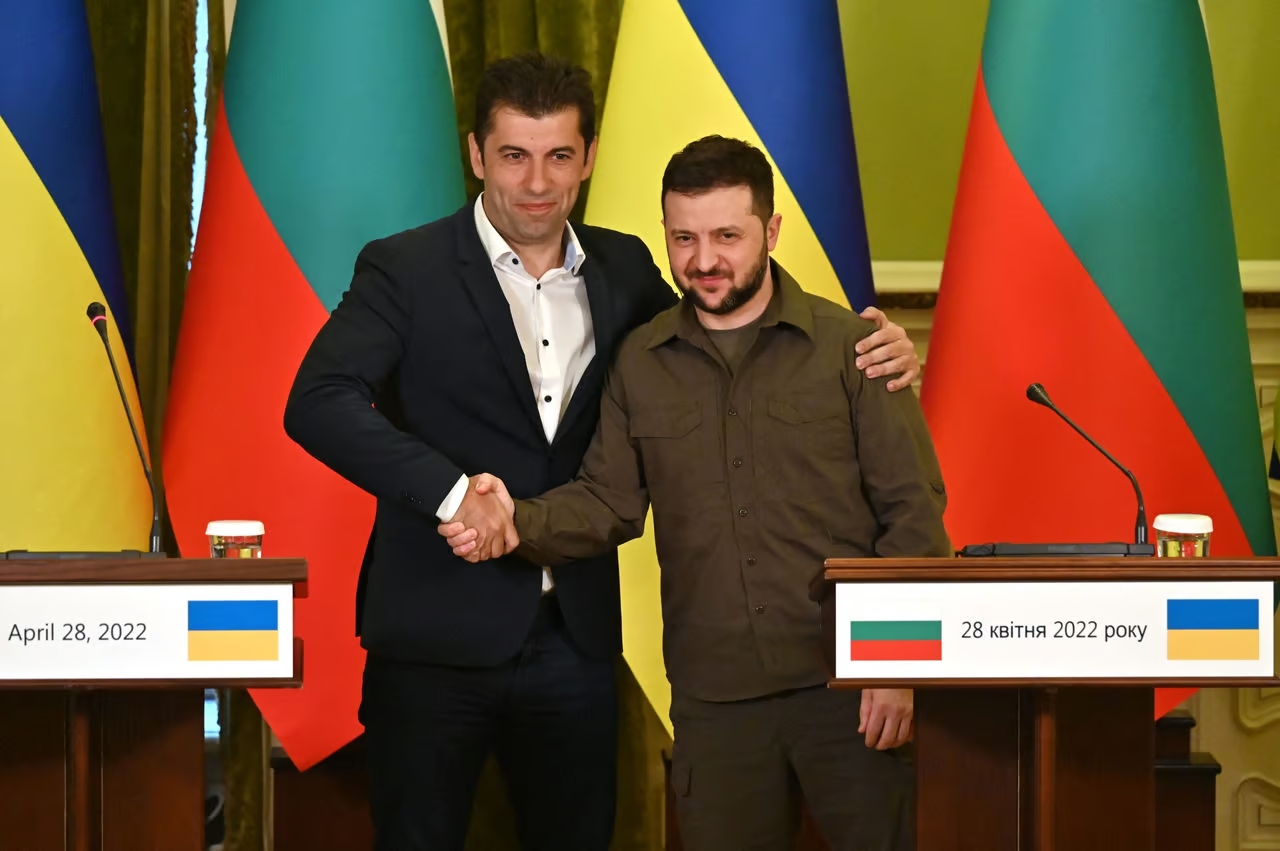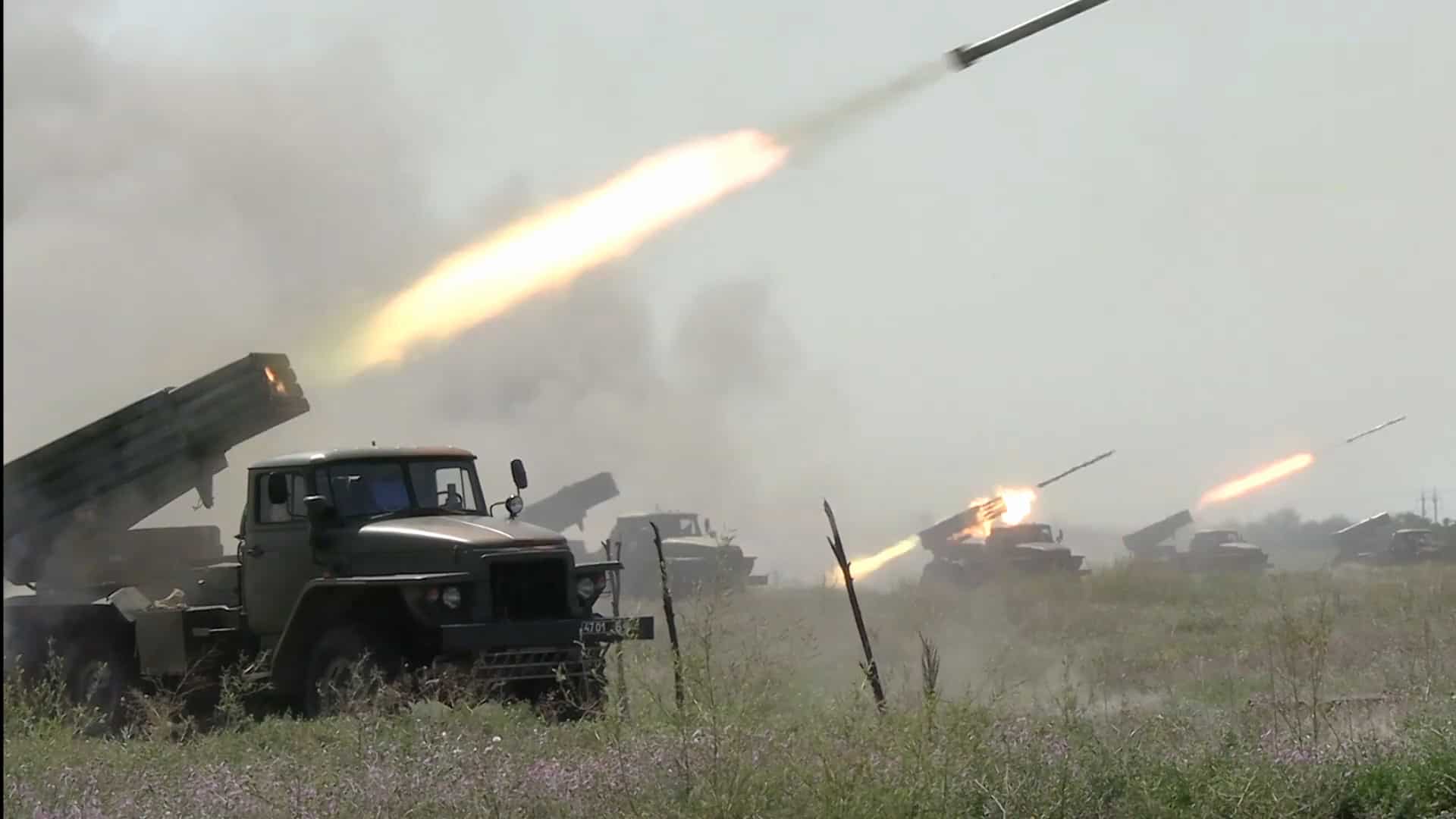
Bulgaria is known for its political stance against the supply of weapons to Ukraine. However, the latest journalistic investigations show that Sofia massively supported Kyiv with ammunition and diesel fuel during the decisive months of the war.
Welt reported this.
According to the Welt investigation, at the time of Prime Minister Kiril Petkov’s visit to Kyiv on April 28, the Bulgarian government had already initiated a comprehensive military assistance procedure for Ukraine.
To avoid the official supply of weapons, ammunition and weapons entered Ukraine indirectly. During certain periods of hostilities, Bulgaria covered one-third of the Ukrainian military’s artillery ammunition needs.
Bulgaria also quietly exported diesel fuel to Ukraine, thus meeting up to 40 percent of the fuel needs of Ukrainian armored vehicles between April and August 2022. This is a particularly acute issue, as, at the time, Bulgaria was only processing Russian crude oil at its refinery.
The Ukrainian Foreign Minister confirmed the covert military assistance at the request of WELT journalists.
“Kiril Petkov demonstrated his honesty, and I will always be grateful to him for using all his political abilities to find a solution,” Dmytro Kuleba said.
The story, he said, is mostly simple: while some members of the Bulgarian coalition sided with Russia, Petkov decided to “stand on the right side of history and help us confront a much stronger enemy.”
On April 19, shortly before Petkov’s trip to Kyiv, Ukrainian Foreign Minister Dmytro Kuleba visited the Bulgarian capital. It was exactly when the second uncertain stage of the war began. Ukrainians pushed the attackers from most of the Kyiv region and the north of the country, yet there were no Western weapons to continue the confrontation.
The fighting was so intense, Kuleba says today, that Ukraine needed to urgently replenish its reserves, mainly due to a lack of Soviet-era ammunition.
“We knew that a large amount of necessary ammunition was stored in Bulgarian warehouses, therefore, President Zelensky sent me to use diplomatic skill to purchase the necessary materials,” Kuleba says. In his public statement, he did not offer details of the weapons shipments.
Discussions over arms supplies took place behind closed doors. Kuleba made it clear that it was a matter of “life and death.”
The Foreign Minister urged to provide Ukraine with “military support,” otherwise the Russians would occupy more villages and towns and “kill, torture, and rape” more Ukrainians. According to him, Petkov replied that his domestic political situation is “not easy,” but he will do “everything that depends on him.”
Today, Petkov shares that his government permitted private intermediaries to conduct exports. Not directly to Ukraine, but to intermediary companies abroad.
“Our private military industry was producing at full speed,” Petkov said. “We estimate that approximately a third of the ammunition that the Ukrainian military needed came from Bulgaria in the early stages of the war.”
According to WELT, these shipments were paid for by the United States and the United Kingdom through intermediaries. Things got complicated in June, when Alexander Mikhailov, Head of the State Export Company Kintex, was forced to resign after a political dispute and published information on supplies, probably to discredit the government.
Mikhailov revealed the export of weapons since the beginning of the war worth “two billion euros.” He also mentioned the supply of ammunition for the BM-21 Grad 122mm multiple rocket launchers.

Bulgaria also supplied diesel fuel to Ukraine. Former Finance Minister Asen Vasiliev recounts the April meeting of World Bank representatives in Washington, DC. The Ukrainian representative shared with him that the country was running out of fuel. Bulgaria has an oil refinery near Burgas on the Black Sea, run by a subsidiary of the Russian Lukoil group, which has been supplying Bulgaria with oil by tanker from Russia.

According to him, Vasiliev encouraged Lukoil in Bulgaria to export surplus oil to Ukraine. The reaction was positive, and the workers of the enterprise also condemned the war, he says. Approximately half of the fuel produced was exported to Ukraine.
“Trucks and tanks regularly traveled through Romania to Ukraine, and in some cases, fuel was also loaded onto freight trains,” Vasiliev shares. “Bulgaria has become one of the largest exporters of diesel fuel to Ukraine, sometimes covering up to 40% of the state’s needs.”
Підтримати нас можна через:
Приват: 5169 3351 0164 7408 PayPal - [email protected] Стати нашим патроном за лінком ⬇
Subscribe to our newsletter
or on ours Telegram
Thank you!!
You are subscribed to our newsletter